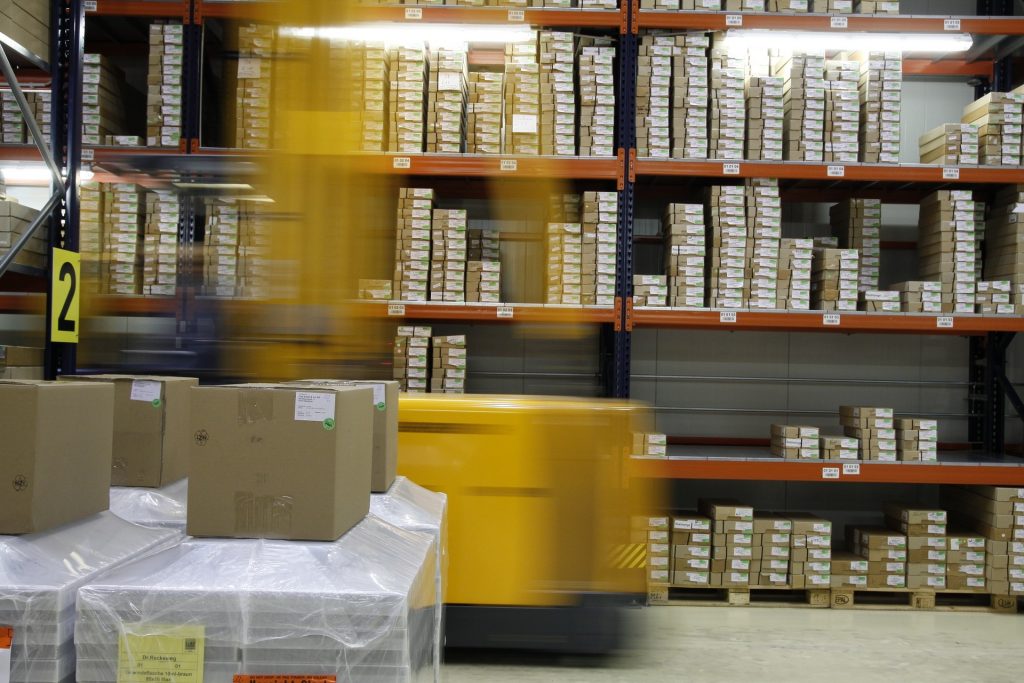The Complete Guide to Smart Packaging Solution And Why They Are the Future of Logistics
What is Smart Packaging?
Smart packaging is a new technology that is integrated with IoT and helps companies to improve their packaging process. This technology enables a company to monitor the packaging process, enhance the efficiency of the packing line, and reduce production costs.
The following are some use cases of smart packaging:
– Smart Packaging in food industry: The food industry is one of the most important industries in the world. Food safety is a major concern for this industry. Smart packaging can be used to monitor and track temperature changes during shipment, which will help prevent food spoilage.
– Smart Packaging in retail industry: Retailers have to deal with multiple products on their shelves that are competing for customers’ attention. As such, it is difficult for them to know which product will sell better than others. However, smart packaging can be used to monitor the sales of different products, and help retailers to decide which product in their store would sell better.
– Smart Packaging in manufacturing industry: Manufacturing companies need to produce goods that are unique for every customer. In such cases, smart packaging enables them to know what customers like and what customers don’t like.

How smart packages are made
Smart packages are a type of package that has sensors and actuators to monitor and actuate the package’s environment. These smart packages can be used to monitor the temperature or humidity in the package, or they can be used to detect and report on tampering with the packaging.
The use of smart packages is not just for logistics companies, but for all industries as well. They can be used in retail stores to track inventory, measure shelf life, and collect usage data from consumers. Smart packages are also being used in food waste tracking systems that use RFID tags to identify which products are inside a specific box so that they can be sorted into recyclable materials or compostable materials.
Benefits of Using Smart Packaging?
The benefits of using smart packaging are vast. For one, it can help to reduce the costs associated with storage and transportation by reducing the weight and size of packages. Additionally, it can help to reduce the amount of time that is spent on inventory management. Finally, it has been shown to reduce product damage and increase customer satisfaction.
Smart packaging is a way to add intelligence to the product. It is a type of packaging that is able to sense and respond to its environment. These sensors can be embedded in the packaging or they can be connected externally
The Disadvantages to Smart Packages
The parcel delivery services industry is changing. The e-commerce logistics industry is growing and the demand for smart packages is increasing. But what are the disadvantages of these new technologies?
Many people are concerned that these new technologies will lead to an increase in theft and fraud, which will lead to increased costs for both companies and consumers. Additionally, a lack of transparency in the supply chain could lead to a disruption in required inventory levels, which could lead to higher prices for consumers. According to the parcel delivery services industry, there are still many disadvantages to these technologies. The e-commerce logistics industry is growing and becoming more popular, but there are many concerns with this.
How to Implement Smart Packaging in Your Business Models?
All companies are looking for new ways to retain their customers. One way to do this is by designing a package that is personalized for the customer. This can be done by adding a QR code on the package that links to a customized website.
This would allow customers to see what they are buying and also get more information about the product in advance. The company can then track how many people use the website and which features they like best, which will help them create better packages in the future.
Transparency of brands
Packs of cigarettes are a great example of the challenges that smart packs will face. The tobacco industry is not happy about the prospect of their products being sold in packs with sensors to detect when they are opened. Cigarette companies have already been using “sensors” to detect counterfeit cigarettes, and now they will be using them to detect if their product is being tampered with.
The future of retail will be shaped by smart packs and how they compete with traditional packaging.












